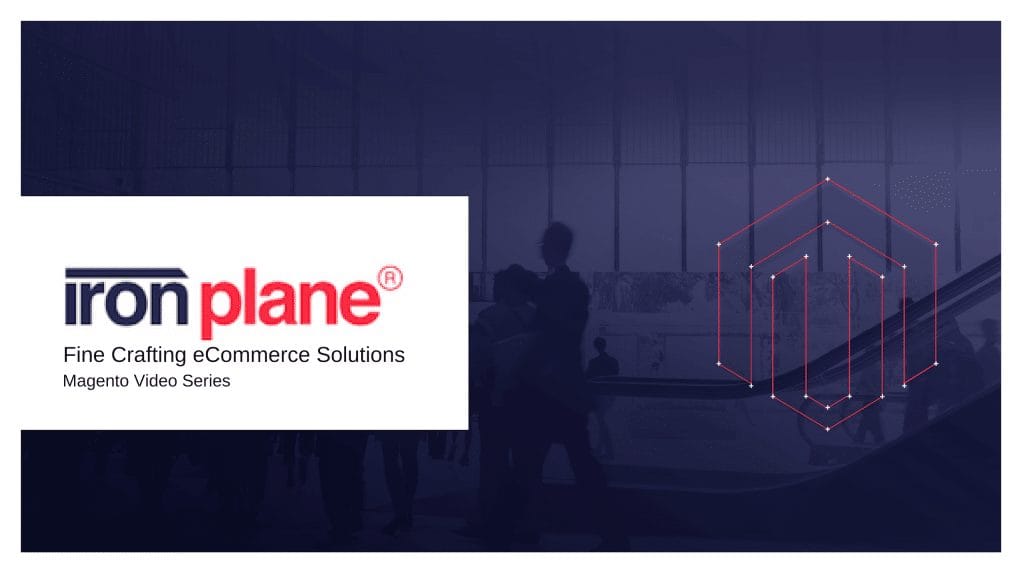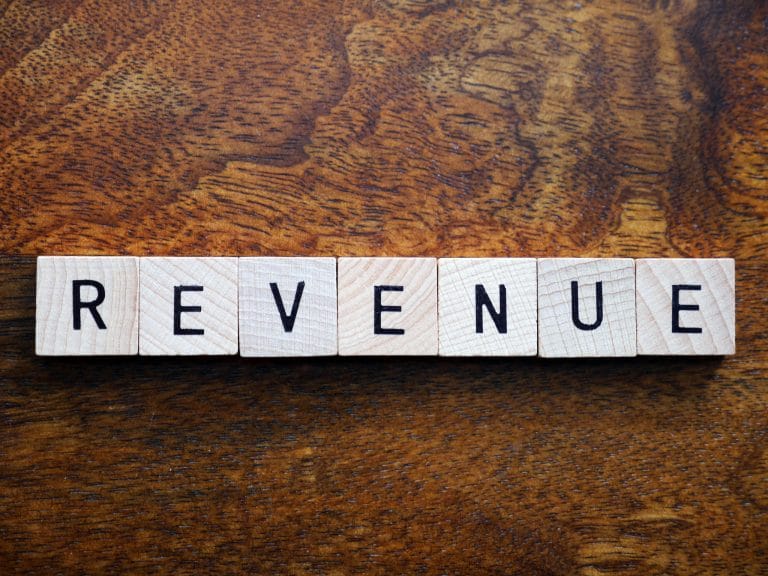Optimizing Revenue Per Visitor (RPV) for Your eCommerce Site
Learn how to optimize revenue per visitor (RPV) for your eCommerce site. We will show you the exact way on this article.
3 min read
 Kristin Jordan
:
September 27, 2018
Kristin Jordan
:
September 27, 2018

With the right eCommerce website design and feed setup, you can start moving products and shipping them across the United States. However, there are a few advanced attributes, or site aspects, you should consider when designing your eCommerce website to enhance your customers’ shopping experience. These additional options will make your site easier to use and help your customers move seamlessly through the purchase process, resulting in an increase in conversions and average tickets over time.
Whether your site is newly launched or you simply want to improve a few existing features, pay special attention to these six elements to create the most effective eCommerce experience for you and your customers.
Your site speed is possibly one of the most important elements of your website design. While you may be tempted to add dozens of fancy widgets and complex code, you need to keep your website nimble and make sure it loads quickly and effortlessly.
This is particularly true in the eCommerce world. More than half of all internet users expect a website to load in two seconds or less, and most will abandon the page if it takes more than three seconds. In addition, 79% of users who have a negative experience with a site will never return again.
If you want to maximize the number of people who convert on your page and watch your brand grow with happy customers, you need to keep your average site speed and load times within reasonable levels.
A few years ago, everyone swore by one-page checkout in eCommerce website design. It was viewed as an easy way to help customers complete their purchases and prevent most abandoned cart issues. The realities have been less dramatic. While a single-page checkout process has helped some companies, the checkout process isn’t necessarily “one-size-fits-all.”
For the best eCommerce website design, we recommend running A/B tests to determine what your customers really want, and collect feedback from the website design process. Then, you can create a checkout experience that’s easy for your customers to use, regardless of whether or not it follows the latest trends.
One of the (many) reasons Amazon is so huge is because customers trust it. They know that when they select two-day shipping, they are likely going to receive the product they want on time. While Amazon isn’t perfect, it’s still pretty reliable.
If your eCommerce business is relatively new, your customers don’t know whether they can trust you. They may not have heard of you before, or don’t know if your site is secure enough for them to hand over their credit card information.
Improve your eCommerce website design to make your customers feel secure. Include badges and certificates from industry associations, security seals, and other social credentials to build trust. You will also want to make sure you clearly use HTTPS in your URL. When customers feel safe, they’re more likely to buy.
eCommerce brands across the web are improving their product pages to increase sales. Present your product details in a way that will encourage customers to take a risk and make a purchase, and to get it right the first time around. If product information is confusing or sizing unreliable, your returns will spike and your company will lose money. Consider adding these elements to your product pages to convert customers:
You don’t need all of these elements on your pages, but the more you utilize, the more information your customers will have available when making a buying decision. Quality information can also sell customers on the reliability of your brand and convince them to convert.
While every company and industry is different, shipping is one of the top pain points for many eCommerce customers. In one 2016 study, nine out of 10 B2C customers said free shipping was their top incentive for determining whether they would buy from a business. Consider testing a variety of shipping options to see how they impact your eCommerce brand. But whatever you decide, use the web design process to make your policies clear and readily available.
If you offer free-shipping on orders over $50, make that threshold clear throughout the site. You can also add a widget that calculates how much more customers need to spend to reach that limit based on the contents of their carts.
Also, share the shipping costs at the start of the checkout process. No one wants to enter all their address and payment info only to discover a $15 shipping charge tacked on at the end.
Let your customers know what they’re getting into from the start to foster trust and reduce your abandoned cart rate.
You may think you have the best eCommerce website design out there, but your customers may not. The features you think are seamless and on-brand may be confusing and lead to a high bounce rate when customers give up.
If you want to see how your customers respond to your brand, invest in services offered by companies such as Hotjar, who offer heat map tools and recording software. You’ll learn which buttons your customers can’t find, and see videos of users getting stuck on your pages. You can also A/B test pages to try different solutions.
Intuitive eCommerce website design means responding to the behavior of your customers. The more you listen, the better you can design your pages to meet their needs, leading to happier shoppers and higher sales.
Learn more about our Speed Optimization and Code Review services to see how Ironplane can improve your eCommerce presence.

Learn how to optimize revenue per visitor (RPV) for your eCommerce site. We will show you the exact way on this article.

Make your eCommerce site mobile friendly by applying these optimizations.

Why you need a Magento 2 developer: Not all eCommerce business have the same site requirements. Find out what makes up the difference.